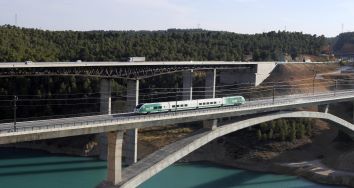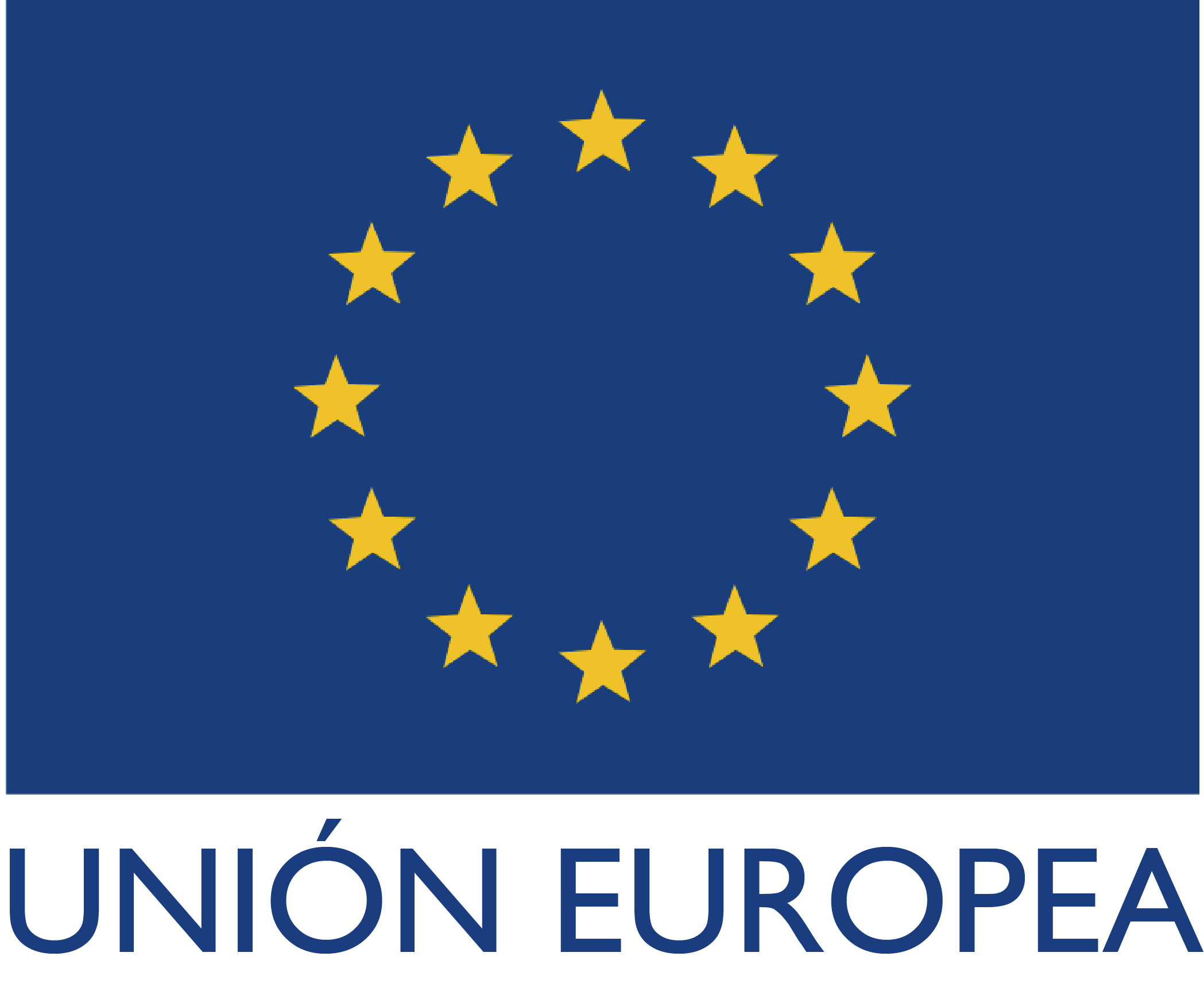Liberalization
Challenges and opportunities for everyone
Faced with a choice between competition in the market — where several railway companies compete freely on the same terms — and competition for the market — typical of a concessionary regime —, we decided to adopt a mixed model. In doing so, we encouraged applications from railway companies interested in providing service on the main high-speed lines in our country, we provided a transparent and coherent offer of capacity to meet the market's potential, and we established objective criteria for awarding contracts, based on a higher percentage of capacity utilization.
The data confirm its success
The liberalization of passenger rail transport has been a success and Europe is watching with expectation the speed and intensity of the opening of the rail market in our country.
This is evidenced by the traffic evolution figures and the shift in modal share, associated with the entry of new operators and the commissioning of new high-speed lines:
- Spanish high speed beat its all-time passenger record in the second quarter of this year, reaching 8.3 million passengers on corridors where there are two or more companies competing, according to data from the CNMC.
- Traffic (trains per km) grew more than 30% in 2022 and more than 40% during 2023, consolidating traffic levels higher than those recorded pre-pandemic. Moreover, the recovery has been faster and higher in those corridors where market opening effectively took place earlier.
- A report by the CNMC shows a decrease in ticket prices of 22% and 23% in the Madrid-Barcelona and Madrid-Valencia corridors, respectively, in the first quarter of 2023 compared to the same period of the previous year.
- The entry of new operators into the Spanish rail system has also boosted the modal share of rail compared to air travel and is progressively displacing the use of road travel, a key fact from an environmental and safety point of view. In 2022, four out of five travelers chose to travel the Madrid-Barcelona route (and vice versa) by train.
Leveraging investments and network capacity
Leveraging investments and network capacity

One of the priority objectives of liberalization is to make the most of the rail network capacity that we deploy, operate and maintain. Indeed, the Spanish high-speed network is the most extensive in Europe, with more than 4,000 km.
Thirty years after the commissioning of the Madrid-Seville high-speed line, the high-speed network has continued its expansion with investments exceeding 57,000 million euros. Since then, the Spanish high-speed network has increased more than eightfold.
Railway and urban transformation
Railway and urban transformation
Currently, Adif and Adif AV are tackling some of the most ambitious railway and urban planning projects in Europe, with the expansion and remodeling of the stations of Chamartín-Clara Campoamor and Puerta de Atocha Almudena Grandes in Madrid, Barcelona Sants and Valencia-Joaquín Sorolla, among others, which are being transformed into strategic nodes. Also, new stations are being built, such as Sagrera, which has already been dubbed the "station of stations".
More positive impacts
Liberalization also contributes to environmental sustainability, reducing GHG emissions and the carbon footprint of travel. Rail is the most environmentally friendly transport model: it accounts for just 0.4% of the sector's total emissions.
In addition to this, there are other positive impacts, such as the structuring of the territory (with a growing number of citizens with access to high speed); the investments of new operators, which generate employment; the promotion of new activities/businesses around a new mobility model, and the 'export' of the know-how of Spanish companies (construction, engineering, technologists ...), which have pioneered the development of high-speed projects and, in recent years, have been working on new high-speed projects in the world's major economies.



